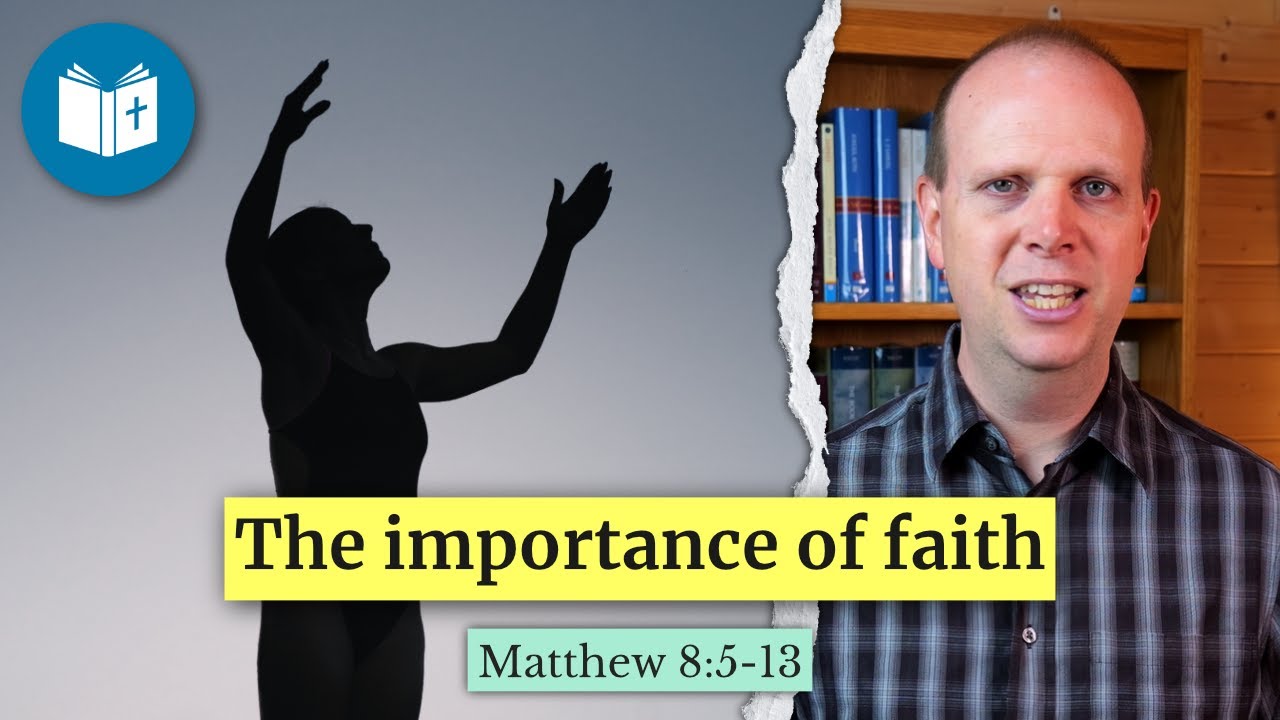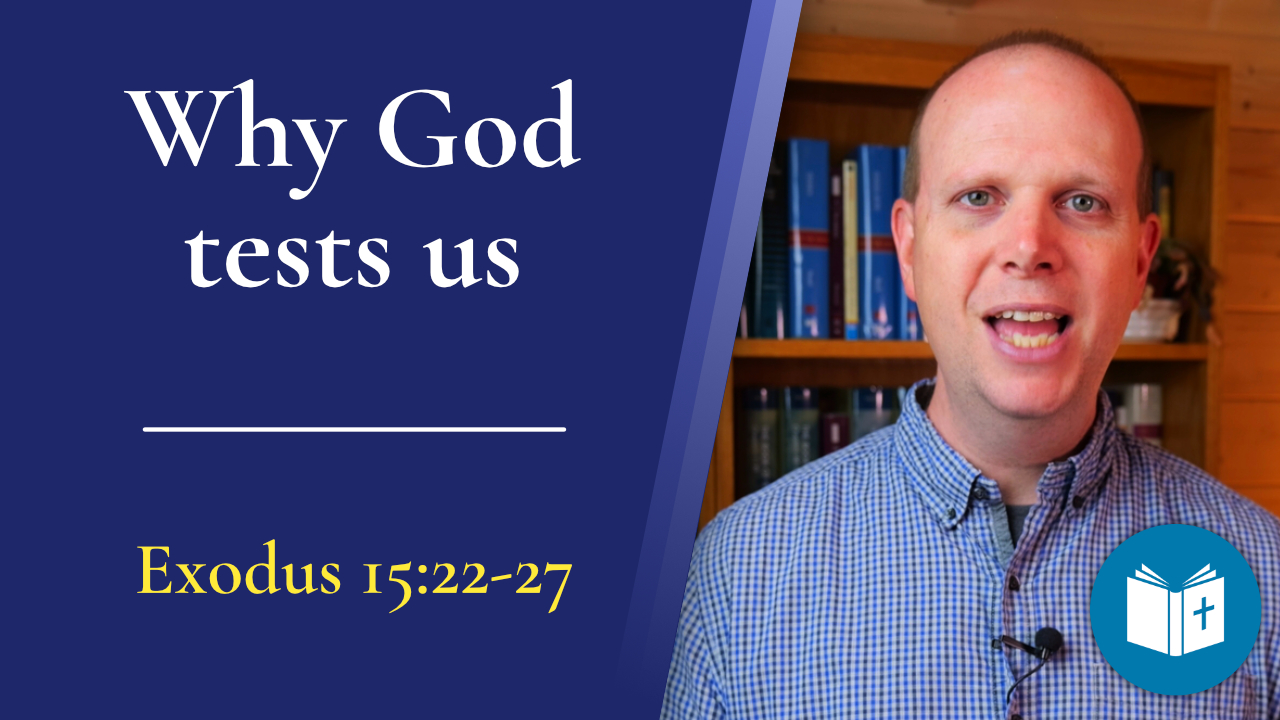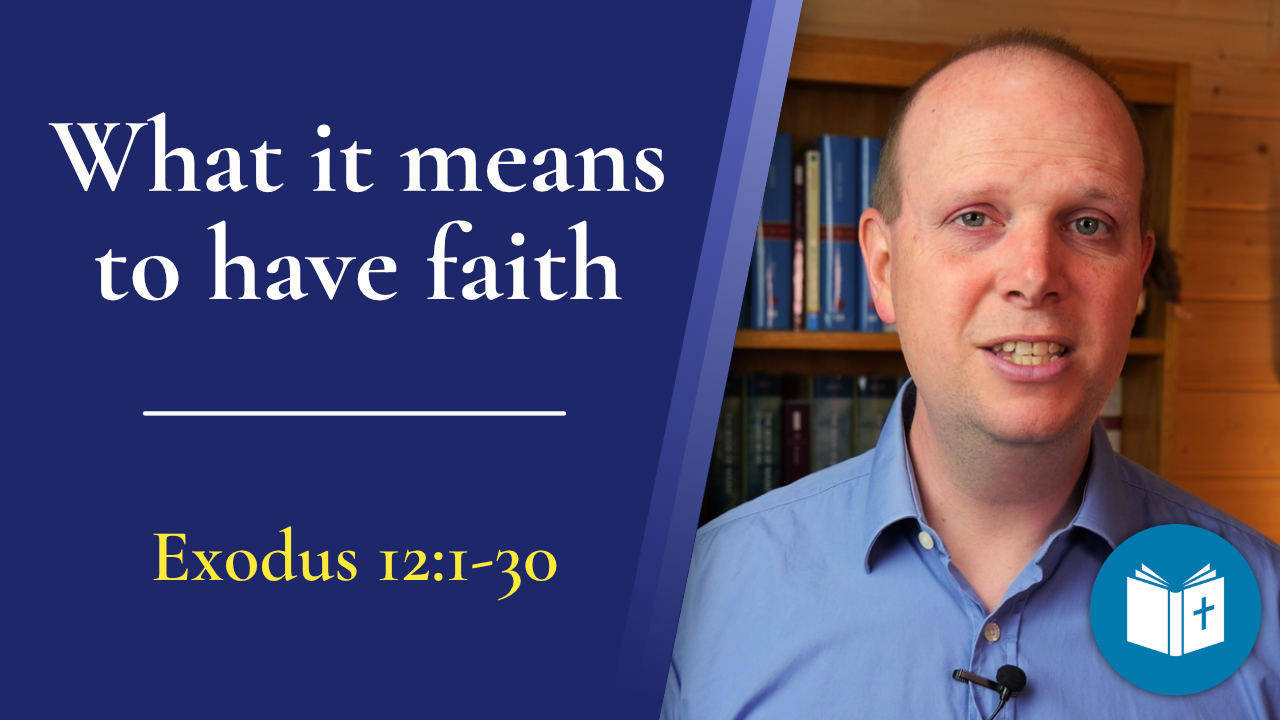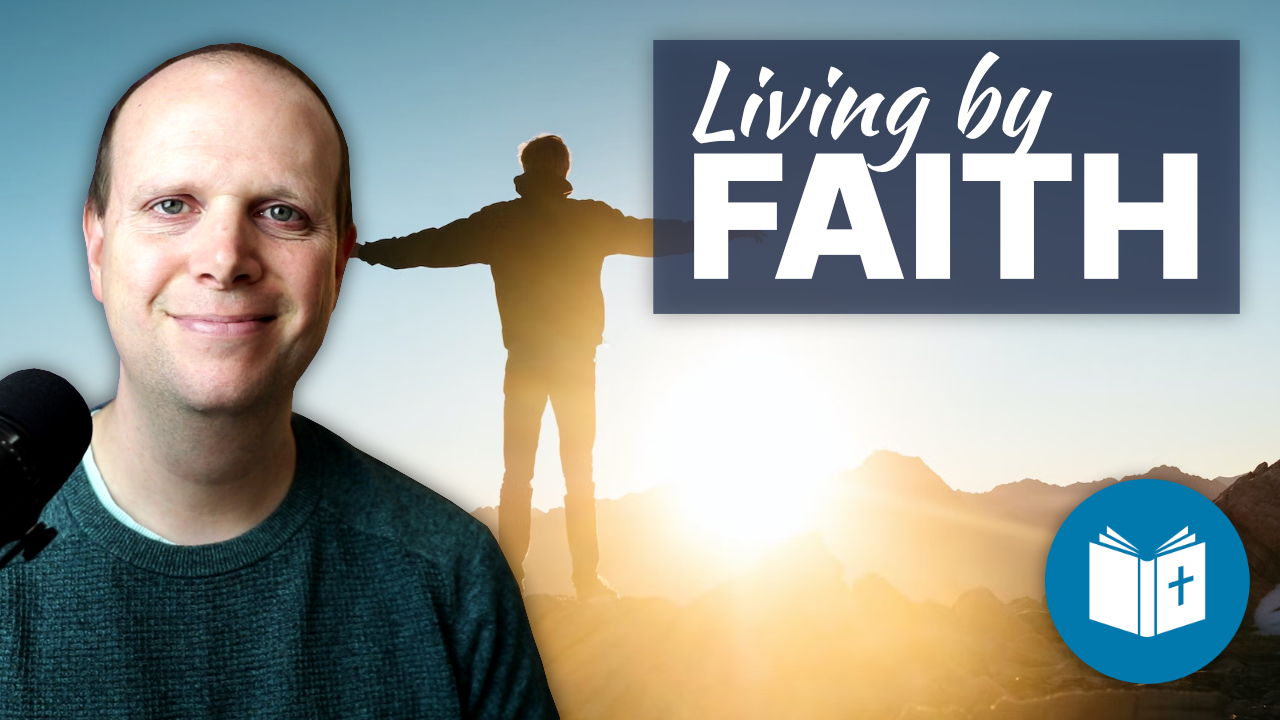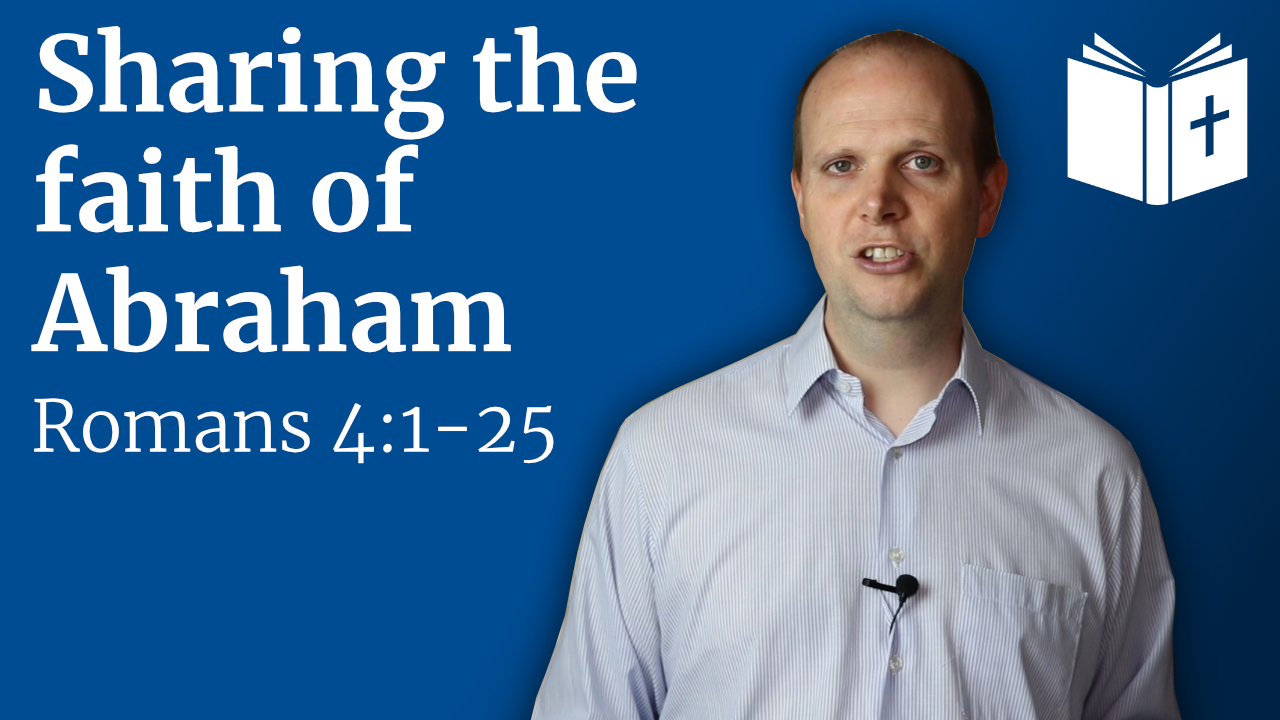Faith is one of the most important things in the Bible. Yet, a lot of Christians today are scared of talking about it for fear of being seen as irrational or foolish. So what does faith look like, and what difference does it make in our lives today? This passage helps us to understand.
Sermons are also available on the podcast.
Church with UTB: This is part of Church with UTB. Please do have a look at that page for more information.

